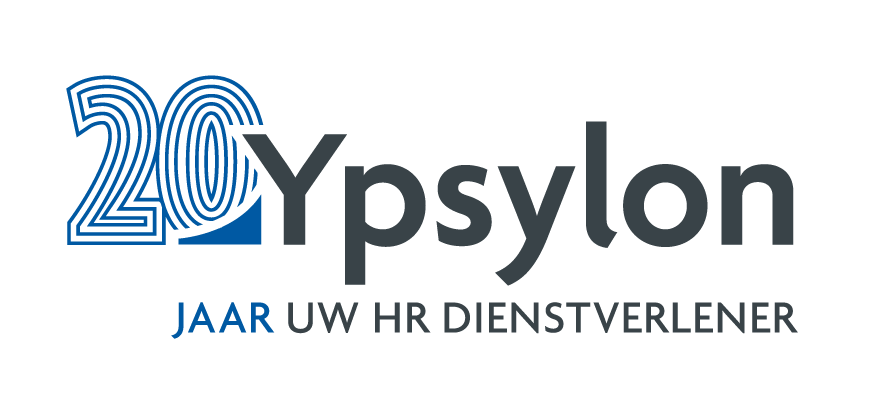Changes for HR due to Tax Plan 2025
In addition to the introduction of new socio-economic policy plans for 2025, HR professionals must also take into account a series of tax changes that directly impact the workplace. The tax plans affect compensation to employees and the employment conditions package for next year. In this article, Personeelsnet provides an overview of the most important changes as presented in the 2025 Tax Plan.
These measures can be found in the belastingplanstukken voor 2025 that have been submitted to the House of Representatives. Changes are therefore still possible; Moreover, it is common for the Tax Plan to be adjusted and updated later in the year.
- Working from home allowance will increase
Employees who work from home can receive a tax-free allowance from their employer, as a contribution to their costs for heating, electricity and a cup of coffee. The tax-free home work allowance is indexed annually and will increase to €2.40 per day in 2025, an increase of 2.13%. The tax-free allowance is now €2.35 per day. - Free space for work costs scheme (WKR) remains unchanged
The Tax Plan contains hardly anything about the WKR. This probably means that the free space within the work costs scheme (WKR) in 2025 will remain the same as in 2024.
With the WKR, employers can spend a fixed percentage of the wage bill tax-free on allowances and benefits for their employees. If this limit is exceeded, the employer must pay a final levy of 80%.The percentages for 2025 are:- Up to a wage bill of €400,000: 1.92%
- Above €400,000: 1.18%
- Targeted exemption for foreign public transport trips
From 2025, employers may provide their employees with tax-free public transport subscriptions and discount cards for both domestic and foreign travel. The condition is that the public transport card is (also) used for business purposes. Registration of use is not mandatory as long as there is any business use. - Additional tax for electric cars is increasing
The additional tax will increase in 2025 for fully electric company cars. For cars with a list value up to €30,000, an additional tax of 17% applies, while for amounts above that the additional tax remains at 22%. This distinction will disappear in 2026, and an additional tax of 22% will apply to all electric cars. - Final tax on delivery vans increased
It is difficult to calculate the tax addition for private use for vans that are used alternately by several employees. That is why a fixed final levy applies per van. This levy will increase from €300 to €438 per car per year in 2025. From 2026, this amount will be indexed annually. - BPM for delivery vans
From 2025, entrepreneurs must pay bpm when purchasing delivery vans with a gray license plate. For diesel cars the bpm is 37.7% of the new price, while for petrol and LPG cars the bpm is slightly lower. Electric vans remain exempt from bpm, and a SEBA subsidy of up to €5,000 is still available until the end of 2024 for the purchase of electric vans. - Extension of excise duty discount on car fuels
The temporary reduction in excise duties on car fuels, which was originally due to expire on January 1, 2025, has been extended by one year. This offers some relief in costs for (business) motorists. - Increase maximum premium wage for employee insurance
The maximum premium wage for employee insurance will be increased from €71,628 to €75,860 per year. This means that employers owe premiums on a higher wage bill. - Abolition of Low Income Benefit (LIV)
The Low Income Benefit (LIV), which encouraged employers to hire employees with low wages, will be abolished as of January 1, 2025. The UWV will still pay out the LIV subsidy for the hours worked in 2024. - Phasing out Wage Cost Benefit (LKV) for older employees
The Wage Cost Benefit (LKV) for older employees (56 years and older) will be reduced from €3.05 to €1.35 per paid hour in 2025. The scheme will be completely abolished in 2026 for employment contracts that started after January 1, 2024. - Limitation of tax benefits for expats
The 30% ruling for foreign employees, which allows employers to reimburse 30% of the salary tax-free, will be reduced to 27% in 2027. The 30% ruling will remain in force for 2025 and 2026. Expats who started before January 1, 2024 will retain the 30% ruling for five years. - Revision of unemployment insurance premium
The Balanced Labor Market Act (WAB) ensures that employers pay a low unemployment insurance premium for employees with an indefinite contract. From 2025, a full-time contract will be defined as an average working week of more than 30 hours, instead of 35 hours. This reduces the number of revisions to the unemployment insurance premium.
Source: www.personeelsnet.nl


